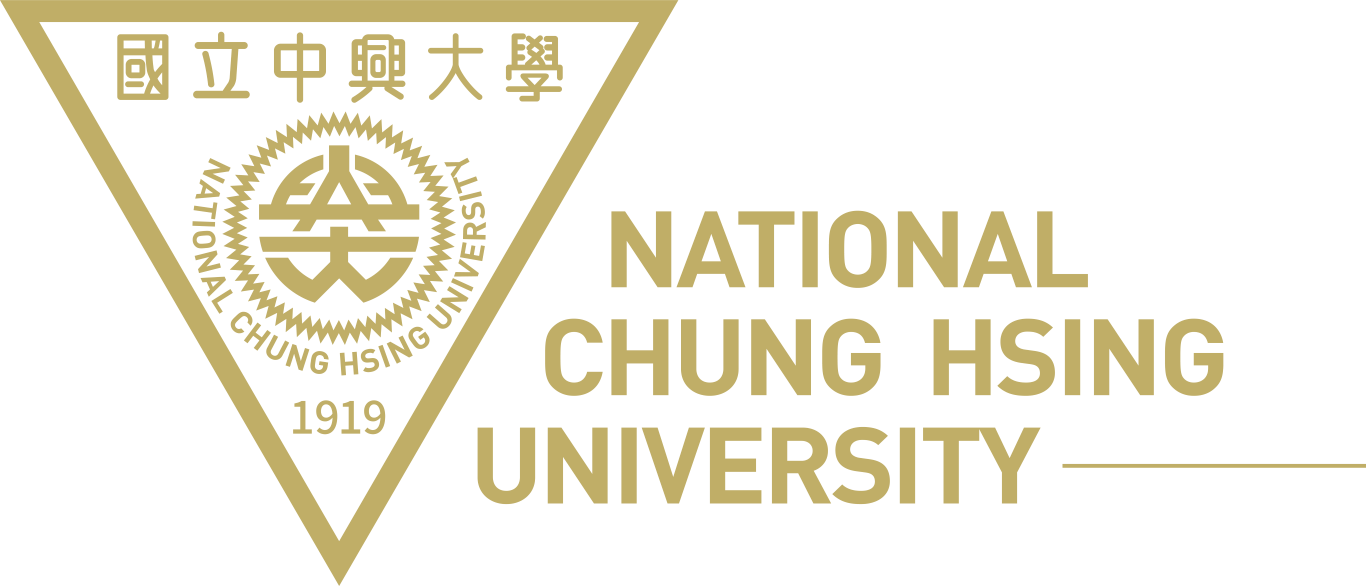* Graduate students may be entitled to scholarships or student aid:
1. Scholarships are awarded to new and current students with outstanding academic or research performance.
2. The following types of graduate students are entitled to student aid:
(1) Students who serve as teaching assistants and who actually perform teaching duties are entitled to student aids pursuant to the NCHU Guidelines for Recruitment and Selection Labor-based Teaching Assistants.
(2) Students who serve as part-time, labor-type administrative assistants are entitled to student aids in accordance with Article 8 herein.
* Scholarship and student aid payments begin in August for current students (September for new students) and end in July of the following year. The scholarship and student aid amount may be adjusted by each department, graduate institute, and degree program on a monthly basis.
* Each department, graduate institute, and degree program formulates its own scholarship and student aid review regulations, based on which a committee is established to review matters related to the application for and allocation of scholarship and student aid in the department, graduate institute, or degree program.

